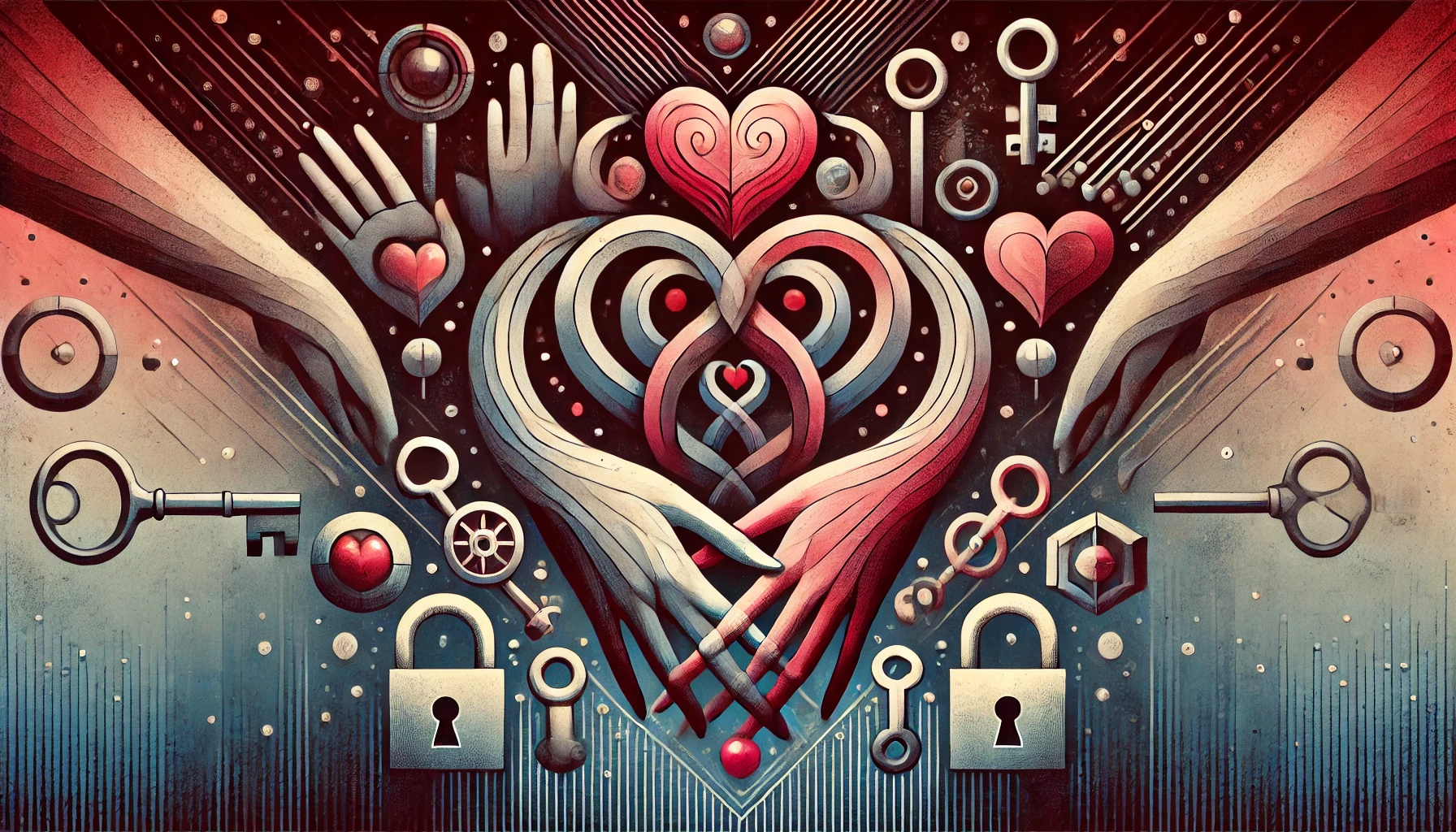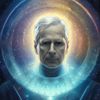Everything in Human Life is Really About Sex, Except...

If you've spent any time on the internet—or better yet, in the world of quotable dead authors—you've probably come across this gem: “Everything in human life is really about sex, except sex. Sex is about power.” Brilliant, right? So brilliant, in fact, that it’s often attributed to the ever-witty Oscar Wilde. Or was it one of Whistler's? That's a mandatory Monty Python reference; if you don't know what I'm talking about, take 2 minutes to watch the following video.
But, as it turns out, that bit of wittiness about sex likely wasn’t from Wilde at all. Or Whistler, for that matter, though he could also be quite witty. But, I digress...
The truth, as uncovered by the diligent folks at Quote Investigator, (assuming you believe them) is that the origin of this quote isn’t so clear-cut. While Wilde is frequently given credit for it, there’s no direct evidence that he ever said or wrote those words. Instead, modern adaptations and attributions link this phrase to Michael Cunningham, the author of The Hours, though even he treats the line more as a shared cultural sentiment than an original thought. What he says is that he "thinks" that Oscar Wilde said that.
I think I should be able to travel via teleportation, but I'm still sitting at home writing this instead of doing it from a place like Kokomo. Of course, there's no such place as Kokomo as it was a name made-up for a fictional place, but then I can't seem to teleport either, so maybe it doesn't matter.
I love misquotes, as I discussed in a previous post about misquoting Mark Twain. But regardless of its true origin, the quote taps into something that has intrigued humans for centuries: the intersection between sex, power, and everything in between. And it’s here that things get interesting—or messy, depending on how you like your existential reflections.
In a way, this whole discourse comes down to how the word "sex" itself has evolved. You probably thought I was going to write "goes down on" instead of "comes down to", didn't you? No matter. These days, we talk about "having sex" with the kind of linguistic shorthand that assumes everyone’s on the same page. But are we? History tells a different story.
For instance, did you know that "making love" used to be something as chaste as holding hands and engaging in romantic courtship? Up until the mid-20th century, "making love" was about the ritual dance of affection without the assumption of physical intimacy. If you told someone in the 1800s that you "made love" to someone last night, they’d assume you spent the evening exchanging longing glances or writing poetry, not doing what comes naturally, or horizontally.
Can't remember that far back? How about this clip from the 1946 film, "It's a Wonderful Life," starring James Stewart and Donna Reed? At one point, Mary, played by Donna Reed, exclaims, "He's making violent love to me, Mother!" And no, they aren't having sex. Also, if you've never seen this gem of a movie, where the Hell have you been all these years?
As for the word "sex", by the mid to late 1700s, it was starting to mean more than just biological gender. By this time, "sex" began to imply sexual relations. But here's the kicker: What counted as "sex" was mostly heterosexual, penetrative intercourse. You know, the simple stuff. Vanilla. None of that pralines and cream stuff, not that anyone knows what pralines are.
Of course, as time went on, people have tried to redefine what qualifies as "sex." Most famously (or infamously), we’ve all heard President Bill Clinton declare, “I did not have sexual relations with that woman,” sparking a cultural debate over the boundaries of "sexual relations" and what qualifies as sex. Third base? An erotic (ahem) handshake? Oral sex? A little finger action? What counts?
The late, great Harlan Ellison, was no slouch when it came to wittiness. He also had a sharp tongue (pen? typewriter?) to cut through the nonsense. In his characteristically biting way, Ellison once said, “Love ain’t nothing but sex misspelled.” It was also the title of a collection of short stories; I have a copy of it on my shelf. As a lifelong fan of his (and I do mean lifelong—over 50 years of enjoying his razor-sharp insights), I couldn’t resist including this here. Ellison had a way of taking the overly sentimental notions of love and sex and reducing them to something primal, something raw. It’s this playful cynicism that makes his work stand out. Not just about sex, but human life.
Which is about sex.
If you've got an Audible membership, you can listen to the collection of stories here. Free. Before I move on, I want to say that Ellison’s quote gets at the core of what we’re dancing around. We do a lot of dancing when it comes to discussion sex. How much of what we call "love" is rooted in sexual attraction? Where does love end and sex begin? And vice versa. What is dancing, but a vertical representation of a horizontal act? And, if love is just "sex misspelled," then what happens when sex itself becomes a tool for power, manipulation, or control?
Which brings us back to the quote that started it all who also said that sex was about power. Whether it’s Wilde, Cunningham, or Whistler, or a clever quip by some forgotten comic genius, the idea that, "sex is (also) about power," is not only true but also kind of timeless. From the politics of relationships to the literal power dynamics involved in sexual interactions, this theme runs deep. Power imbalances have always played a role in how societies structure their rules around sex, who can have it, and what it means.
It was said that Helen of Troy was "the face that launched a thousand ships". Forgive me for being a little crude here, but I'm going to go out on a limb and suggest that it was more than just her face at work.
What’s fascinating is how fluid these definitions are. Sex, as a concept, a word, and a cultural practice—has never been static. The act itself has been scrutinized, classified, and redefined endlessly, and we’re still not done with it. If history is any guide, the conversation will continue to grow, evolve, and mutate. The line between love and sex will continue to blur, and our understanding of sex as power will only deepen as we wrestle with consent, gender, and identity in modern discourse.
I'm going to give a final nod to Harlan Ellison. I think he was at least partially right when he said that "love ain't nothing but sex misspelled." Because, let’s face it, sometimes a little wordplay is the best way to capture the complexity of human desire. And sex... is anything but simple.
Until next time...
